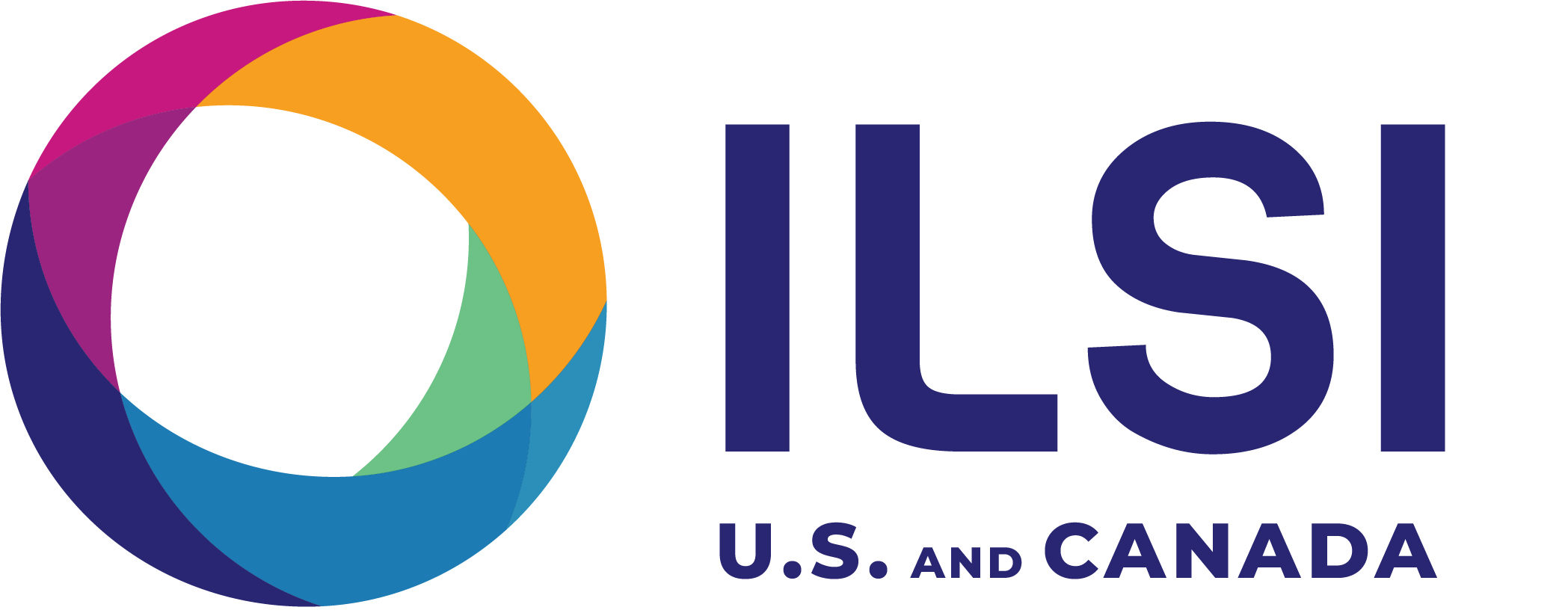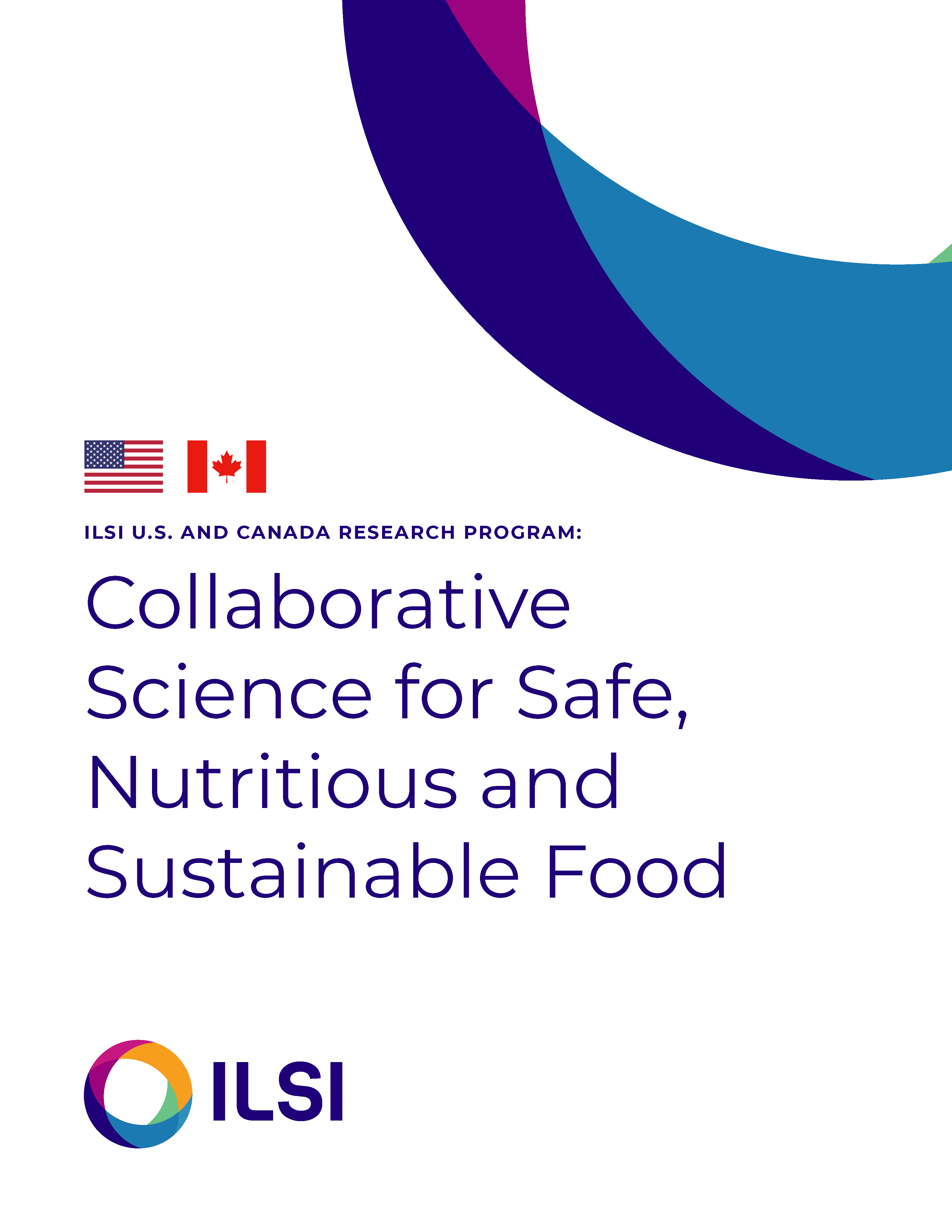Nutrition-Focused Research Portfolios
Applications of Globally Harmonized Nutrients
This portfolio focuses on facilitating the integration of standardized nutrient recommendations at the global, regional and local population levels. The leadership committee aims to lay this groundwork through the establishment of nutrient bioavailability algorithms. This activity is poised to drive advancements in food formulation and labeling, enable comparisons of nutrient intake across populations, inform policy development, and evaluate the sustainability of the global food system.
This project is led by Connie Weaver, PhD, San Diego State University, USA.
Bioactives, Functional Foods, and Supplements
This portfolio is dedicated to advancing health through enhanced understanding and communication of the optimal utilization of dietary bioactives. Through the development of recommended intake guidelines and pinpointing research gaps, we strive to elevate the dissemination of crucial health and safety insights pertaining to bioactive substances.
This project is led by April Stull, PhD, Baylor University (Waco, TX), USA.
Healthy Aging, Geriatrics, and Sarcopenia
This portfolio aims to promote awareness, risk assessments, and prevention for sarcopenia among medical providers, patients, and older adults. Since its classification as a disease in the 10th Edition of the International Classification of Diseases (ICD) in 2016, sarcopenia has remained underdiagnosed and under documented in medical records.1 This activity aims to change this narrative by bridging the gap between academia, the medical community, and the patient population to improve public awareness and ultimately reduce the overall prevalence of sarcopenia.
This project is led by Roger Fielding, PhD, Jean Mayer USDA Human Nutrition Research Center on Aging, USA.
Open Data Sharing for Clinical Food and Nutrition Trials
Effective January 2023, the U.S. National Institutes of Health will require the open sharing of individual participant-level data from clinical trials supported by public funds. ILSI aims to develop requirements, standards and best practices for managing, tracking and sharing data from clinical food and nutrition trials, with the goal of addressing quality linked to the FAIR (Findable, Accessible, Interoperable, Reusable) attributes of the data.
This project is led by Connie Weaver, PhD, San Diego State University, USA.
Food Safety-Focused Research Portfolio
Risk Assessment of Cultivated Food Products
The development and commercialization of cultivated meat is progressing at unprecedented speed, which requires that knowledge gaps relevant to its safety and risk to consumers be identified at a similar pace. This portfolio aims to identify these gaps and address them in a neutral forum involving industry, academia, and government representatives.
Sustainability-Focused Research Portfolio
The Impact of Climate Change on Food Safety, Sustainability, Security, and Nutrition
This ILSI project aims to bring together interdisciplinary teams to identify future challenges to the safety, sustainability, and nutritional content of the food supply.
This project is led by Lee-Ann Jaykus, PhD, North Carolina State University, USA.
Learn more about the ILSI U.S. and Canada Research Program!
Download this booklet (PDF) for more information about ILSI U.S. and Canada's initial, proposed research projects and how to get involved!
The booklet also covers:
- An introduction to the global ILSI Federation.
- The ILSI U.S. and Canada's governance and funding models, as well as its inaugural Governance Committee.
- The new ILSI U.S. and Canada Science Board.
- The added value that the ILSI U.S. and Canada Research Program provides for experts, companies, foundations and institutions.
Questions? Interested in collaborating with ILSI? Contact research@ilsiuscanada.org today!







